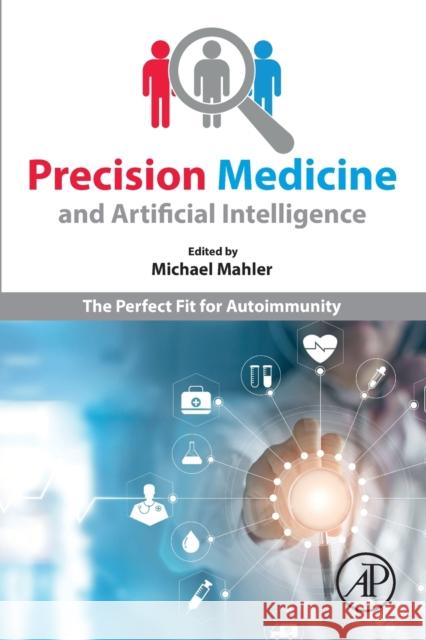Precision Medicine and Artificial Intelligence: The Perfect Fit for Autoimmunity » książka
topmenu
Precision Medicine and Artificial Intelligence: The Perfect Fit for Autoimmunity
ISBN-13: 9780128202395 / Angielski / Miękka / 2021 / 302 str.
Kategorie:
Kategorie BISAC:
Wydawca:
Academic Press
Język:
Angielski
ISBN-13:
9780128202395
Rok wydania:
2021
Ilość stron:
302
Waga:
4.46 kg
Wymiary:
22.86 x 15.24 x 1.6
Oprawa:
Miękka
Wolumenów:
01
Dodatkowe informacje:
Bibliografia











